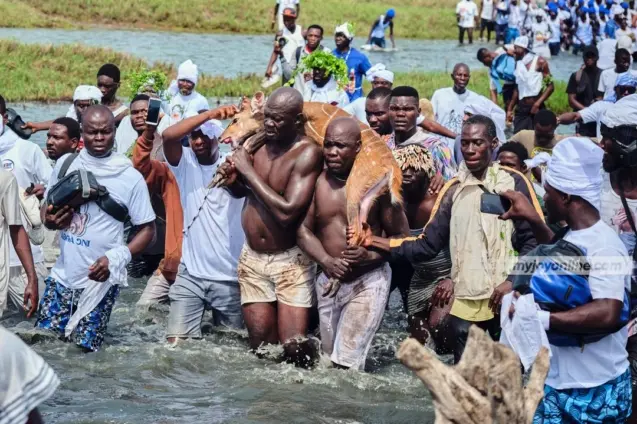A surprising scene unfolded recently in Rome: Bola Ahmed Tinubu, the current president of Nigeria, and Peter Obi, his main rival in the intensely contested 2023 elections, were photographed sharing a laugh. The image, captured at the inaugural mass of Pope Leo XIV at the Vatican, stands in stark contrast to the heated political atmosphere that has defined Nigerian politics in recent years. As Nigeria looks ahead to the 2027 election, the friendly exchange between Tinubu and Obi raises questions about the future of political alliances and the potential for a less divisive political landscape.
The unexpected interaction prompts reflection on the dynamics within Nigerian politics and its potential trajectory leading up to the 2027 election. What does this moment of camaraderie signify for the relationship between these two influential figures and for the broader political climate of Nigeria?
The image of Tinubu and Obi together at the Vatican offered a brief respite from the often-bitter rivalry that has characterized Nigerian politics. According to Bayo Onanuga, who was present, the exchange began with Kayode Fayemi welcoming President Tinubu to the church, saying, “Mr President, welcome to our church, and thank you for honouring the Pope with your presence.” Tinubu responded, “I should be the one welcoming you and Peter. I’m the head of the Nigerian delegation,” to which Obi replied, “Yes, indeed. We are members of your delegation.”
This moment of levity occurred against a backdrop of significant political tension. The contrast between the jovial interaction and the serious disputes that have divided their supporters was palpable. The presence of both men, along with Fayemi, a Catholic, at a Papal Mass also highlights the intersection of faith and politics in Nigeria. While Tinubu is Muslim, Obi and Fayemi are Catholic, suggesting that shared religious experiences can, at times, bridge political divides. However, whether this common ground can translate into meaningful political cooperation remains to be seen.
Alkassim Hussain offered a hopeful perspective on the meeting, suggesting it could have a positive impact on Nigerian politics. He stated, “They portrayed a good image of the country and that’s how politics should be played – without bitterness.” Hussain further expressed his hope that “supporters of both Tinubu and Obi can see that after elections and court cases, then it is all about the country and how everyone can join hands together to grow it.”
Whether this sentiment is widely shared among Nigerians is questionable, particularly given the shadow of the 2023 election. The election was highly contested, and Obi’s legal challenge to the results underscored the deep divisions within the country. While the meeting at the Vatican might suggest a thawing of relations, it remains uncertain whether it signals a genuine shift in the relationship between Tinubu and Obi or is merely a fleeting moment of civility. The 2023 election remains a point of contention.
Looking ahead, speculation has already begun about potential political realignments for the 2027 election. Talk of a possible coalition between the Labour Party and the Peoples Democratic Party to challenge Tinubu is rife. The likelihood and potential impact of such a coalition are subjects of intense debate among political analysts and observers.
Nigeria’s history of electoral violence serves as a stark reminder of the stakes involved in political rivalry. Elections have often been marred by bloodshed, making it crucial to reduce political tension and foster a more peaceful environment. The cost of political animosity has been high, and preventing future violence is a paramount concern.
Whether the meeting at the Vatican can pave the way for peace during elections is a question on many minds. For such an outcome to be realized, both leaders must actively work to promote peaceful discourse and discourage inflammatory rhetoric among their supporters. The responsibility extends to the supporters themselves, who must engage in respectful political discussions and avoid actions that could incite violence.
Social media, in particular, has played a significant role in exacerbating political polarization and potentially contributing to violence. The spread of misinformation and the amplification of hateful rhetoric online can fuel tensions and make it more difficult to bridge divides. A collective effort is needed to promote responsible online behavior and counter the forces of division.
In conclusion, the unexpected meeting between Tinubu and Obi at the Vatican offers a glimmer of hope amidst the often-turbulent waters of Nigerian politics. Its potential implications are significant, particularly as Nigeria looks ahead to the 2027 election. However, the historical context of political rivalry and the deep divisions that persist within the country suggest that a balanced perspective is warranted. Whether this encounter signifies a genuine shift towards political reconciliation or merely a temporary truce remains to be seen. Ultimately, the future of Nigerian politics will depend on the actions and choices of its leaders and its citizens.
Image Source: MYJOYONLINE






















